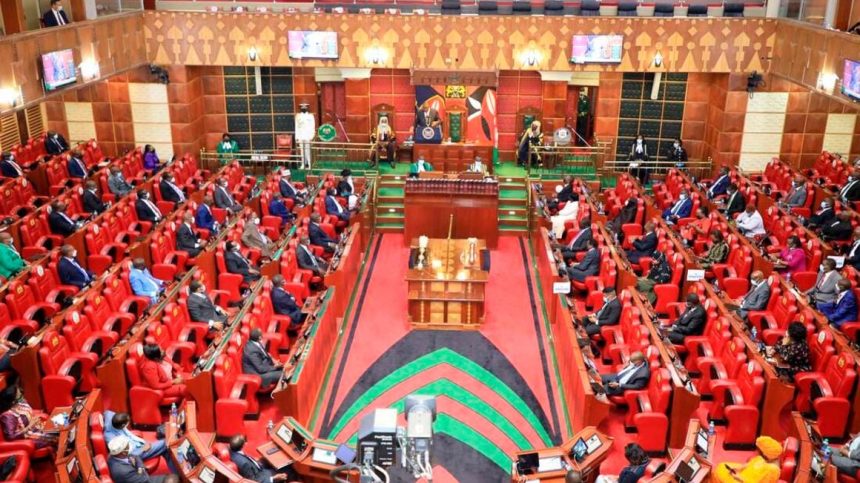Kenyan companies are boosting their stocks of supplies for fear of higher costs in the future amid the current flagging sales, a closely watched survey has found.
The stockpiling is coming at a time companies have warned of a higher cost of products when the proposed taxation measures on manufacturing inputs in the Finance Bill 2023 take effect from next month.
The monthly poll on private sector activity in key economic sectors showed growing stocks of key inputs such as materials and fuel despite some managers indicating a slowdown in purchases.
This has come at a time input prices — the cost of producing goods and services — hit the highest levels in nearly a decade, prompting a further rise in consumer prices.
Read: Finance Bill 2023: Wins and losses for ordinary taxpayers
“Inventories of inputs continued to grow modestly, as firms looked to keep unused items in case of further price rises and supply shortages,” analysts at Stanbic Bank and American analytics firm, S&P Global, wrote in the Purchasing Managers Index (PMI) report for May.
“Stockpiling efforts were helped by a shortening of supplier delivery times for the second month running.”
The Finance Bill 2023 has proposed to raise the import declaration fee on imported raw materials and intermediate goods to 2.5 percent from 1.5 percent in what manufacturers have warned will raise the cost of manufacturing essential products in a net-import economy.
The proposed finance law is also seeking double value-added tax on fuel to 16 percent as well as move inputs and raw materials to pharmaceutical factories from the zero-rated to exempt schedule — effectively locking suppliers from claiming VAT from the Kenya Revenue Authority.

The proposed taxation measures, if endorsed by lawmakers later in the month, will further raise consumer prices which in May increased by the biggest margins in seven months, according to Stanbic Kenya PMI.
Corporate managers polled in the PMI linked the increased selling prices to a sharp growth in input costs. This came after the Energy and Petroleum Regulatory Authority raised diesel prices by Sh6.40 per litre in Nairobi.
The shilling also continued to weaken against the US dollar, thereby raising the cost of import in a country where firms largely depend on foreign markets for supplies.
“Input prices are now at their highest since the survey began in 2014 as the KES [shilling] depreciated further, which increased import costs,” Mulalo Madula, an economist with South African-based Standard Bank, the parent firm of Stanbic Bank, wrote in the PMI report for May.
“This caused the greatest increase in output prices in seven months — but it was less than the concomitant increase in input prices.”
Elevated price pressures cut new orders due to the resulting drop in purchasing power, prompting firms to scale down on output.
The overall PMI reading — a gauge for month-on-month private sector activity such as such as output, new orders and employment — stood at 49.4 in May compared with 47.2 in the prior month.
This means business deals have deteriorated for the fourth month in a row, but the weakening was softer in May than in April.
Manufacturing and retail sectors were the hardest hit in May, according to PMI.
Read: Rethink these set of proposals before passing Finance Bill
“Employment expanded at the fastest rate since November 2021; however, employment in the wholesale and retail sub-sector was down,” Ms Madula wrote in the report that linked increased hiring to “efforts to improve client services”.



